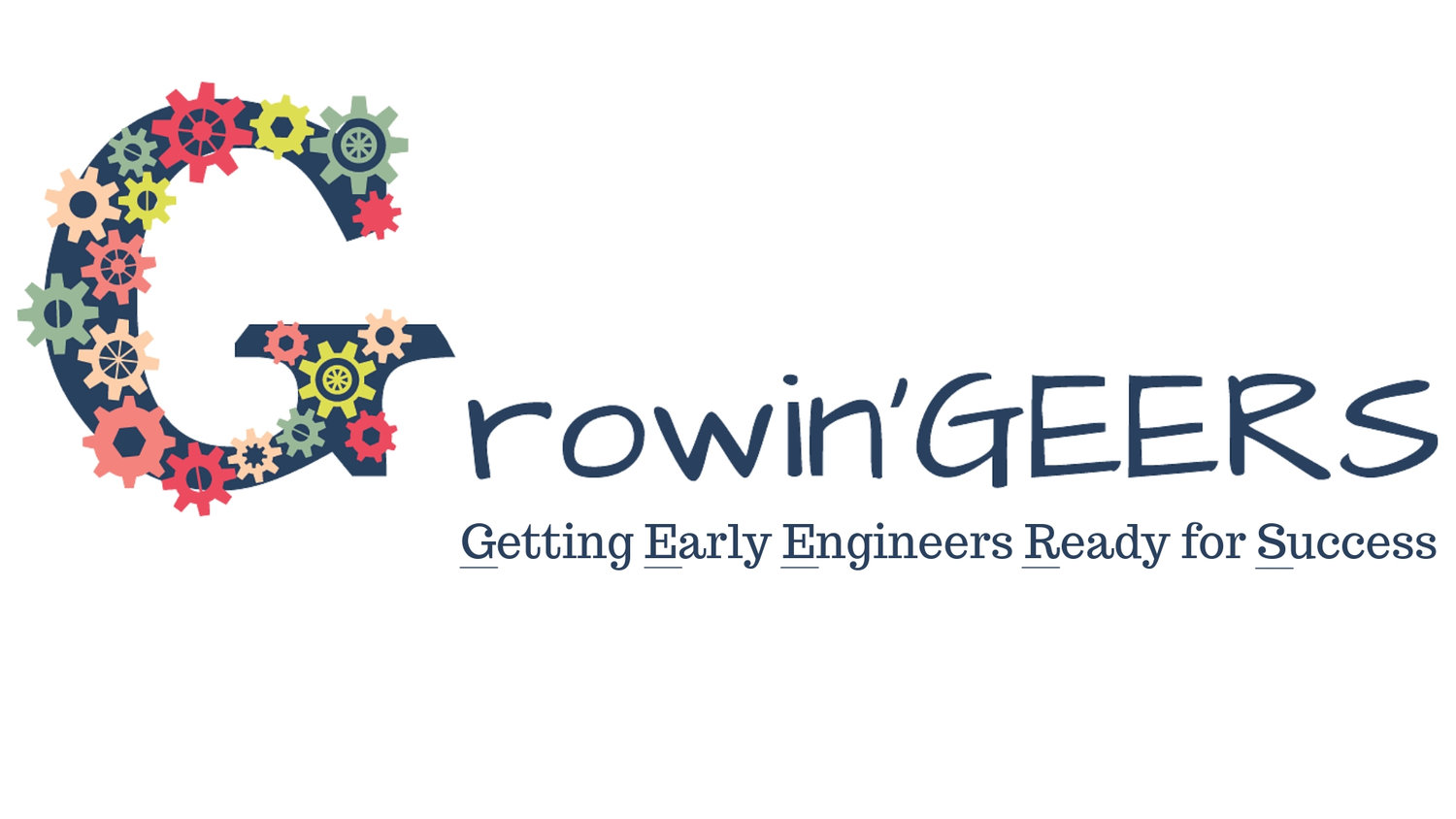Ever wanted to provide your child with the opportunity to do more critical thinking, problem solving, and mathematics throughout their normal life? Take a look at our 5 tips for getting your student to think more like an engineer!
GET HANDS ON
So, this one is rather obvious, but it must be mentioned for two reasons. Firstly, hands-on activities are a great way to engage young engineers in listening and learning about STEM. It keeps them interested and engaged, and it relates back to an engineering career. Secondly, it gets them thinking creatively about what is in their hands.
In addition, it is important for the hands-on activity to be done in the context of education. Hands-on tinkering is not as easy to retain if there is no reasoning or purpose behind it. Go to a museum and take advantage of the hands-on activities that are surrounded by connections and descriptions on why that activity relates to the world (example would be a plasma globe to learn about the basics of electricity such as currents and a ground).
Encourage your child to tinker with things at home. Buy an old radio from a garage sale and take it apart. Ask them for help when you are assembling a new toy, some furniture from Ikea or a new purchase from Amazon. Get them involved when the toilet breaks or the sink is leaking. Understanding how things come apart and the different options for putting them back together can broaden a young engineer’s mind. In addition, challenging them to do things outside of their day to day lessons can boost their confidence. And I’m sure you would love the help!
DAILY INQUIRY
Inquire after how your child’s mind works. Ask them how they think your telephone works. Ask them how clean water is able to run into our homes. Ask them how the Brita is able to make water cleaner than it already was. Point out things in your hometown or community that relate to engineering, and get their opinion on it. Bridges, tugboats, farming equipment, or motorcycles are all good examples. Take the time to pull the car over, stop for a second, and take a look. Have a discussion about the challenges that some engineer must have encountered in creating these day to day solutions that have become totally normal for us. It is incredibly effective to get students to start to make the connection between their daily lives and the concepts they are learning when we point them out and discuss them on a regular basis.
PARTICIPATION IN DAILY CALCULATIONS
Engineering is all about calculation. From balancing chemical equations to completing a detailed statistical analysis, a math mentality is always a skill set that is valued. So, start asking your child to participate in your daily calculations. Ask them to calculate the tip when you go out to dinner. Ask them to figure out the change needed for the toll plaza that is coming up on the highway. Challenge them to add up what your buying on your grocery trip and make a game of guessing how much the bill will be (don’t forget tax!). Thinking in numbers is a necessity as an engineer, so let’s get our students thinking about numbers in our daily chores and activities.
VOLUNTEER
Engineering is not only about STEM, but it’s about giving back to your community and working as a team. The best engineers are considered the best because they gave their knowledge, expertise, and experience back to the world. So, it is important for us to show our budding engineers the value in giving back. For an engineering-focused volunteer opportunity, I always recommend Habitat for Humanity. It exists in communities all over the country, it attracts engineering-minded people with skill sets that pertain to construction, and it is fun! Call your local organization to let them know you have young children that may be interested, but they usually have activities that can apply for all age levels.
KEEP UP WITH IT
In our current world, change is happening around every corner. Take time with your child to keep up with the engineering innovations that are adding value and changing lives for the better. Below are a few engineering news resources for you and your family to utilize to stay on the cutting edge of what is happening in industries such as healthcare, construction, and energy. The engineering that we know will not be the engineering our children know, so we need to support them to always be looking to the future while still appreciating the lessons we have learned in our past.
https://www.sciencedaily.com/news/matter_energy/engineering/
http://www.enr.com/
http://www.engineeringnews.co.za/
If you liked this post, please share it on Pinterest!


